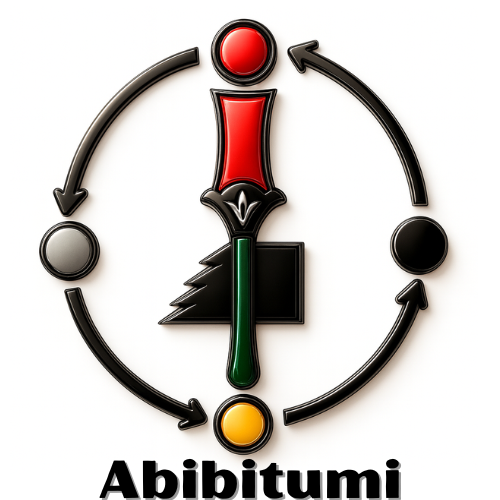-
“Beverly Mack and Jean Boyd have documented the role played by women in the intellectual and political life of the Sokoto Caliphate. Uthman Dan Fodio himself belonged to a clan in which women received religious instruction. His mother and grandmother were learned scholars,77 and his daughter Nana Asma’u78 (d. 1864) wrote nine poems in Arabic, forty-two in Fulfulde, and twenty-six in Hausa.79 Like her father,80 Nana Asma’u was strongly committed to educating the larger community, and particularly Fulbe women. She produced more work in Ajami than in Arabic. Her many achievements in the field of education include the establishment of a literary circle of educated women, known as Yan Taru, in the mid-nineteenth century to promote the Fulbe.81 We do not know much about the level of erudition and intellectual production of the Yan Taru in general, but we do know that some of Asma’u’s sisters had solid intellectual credentials. Her sister Khadija translated the Mukhtasar of Khalil from Arabic into Fulfulde in the late nineteenth century.82 Her other sisters—Habsatu, Fadima, Safiya, and Maryam—also composed various writings.83″
-Ousmane Oumar Kane, Beyond Timbuktu: An Intellectual History of Muslim West Africa

